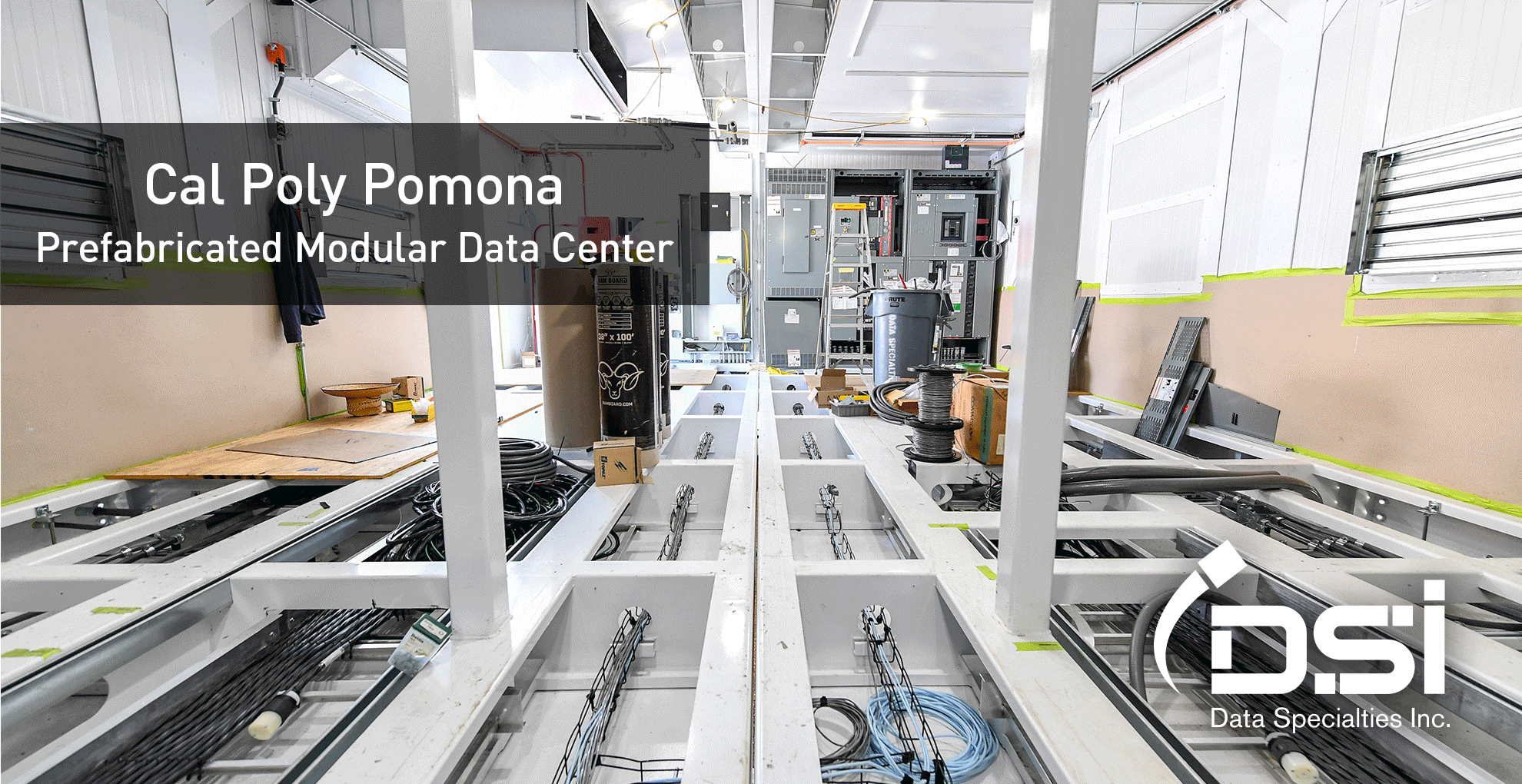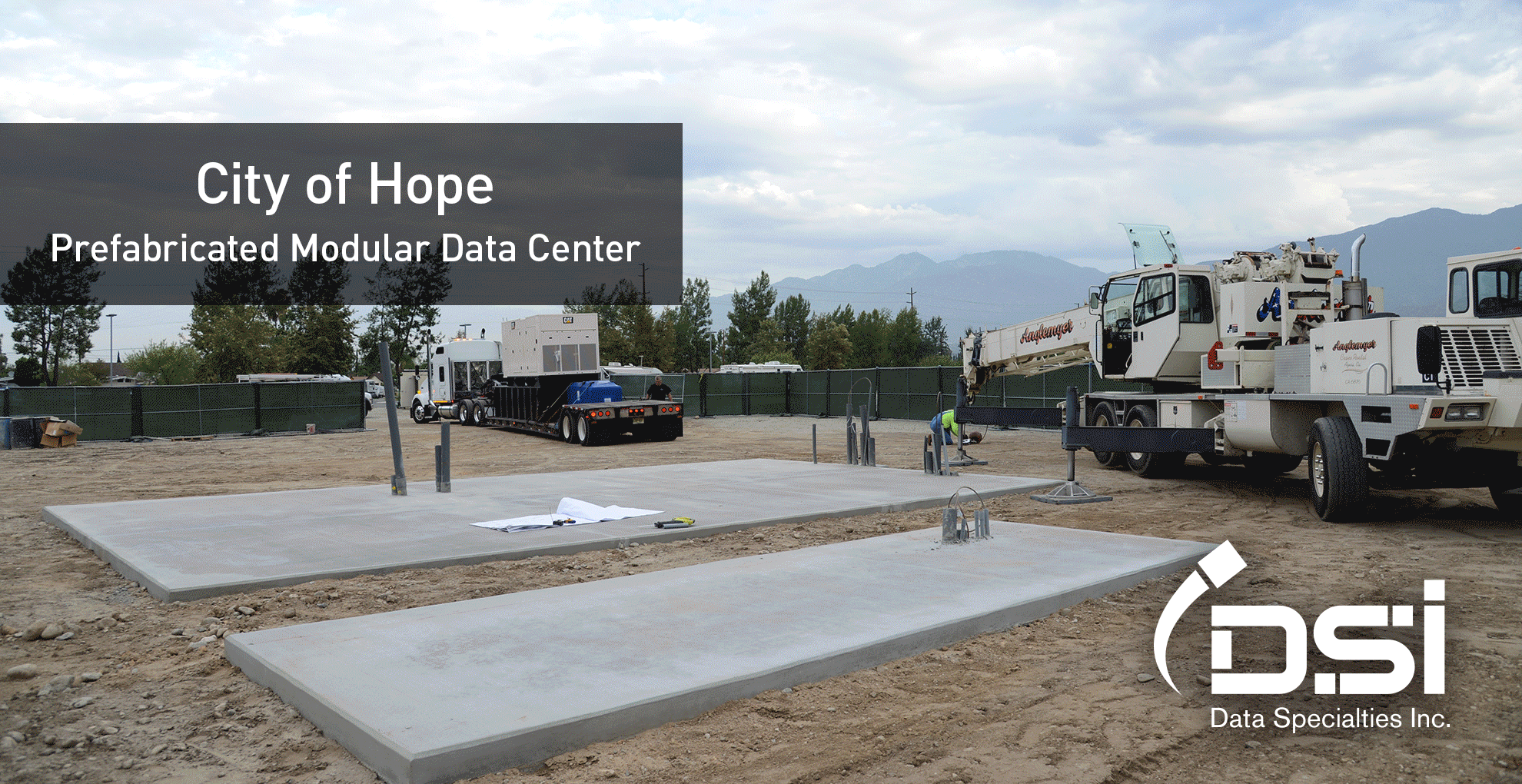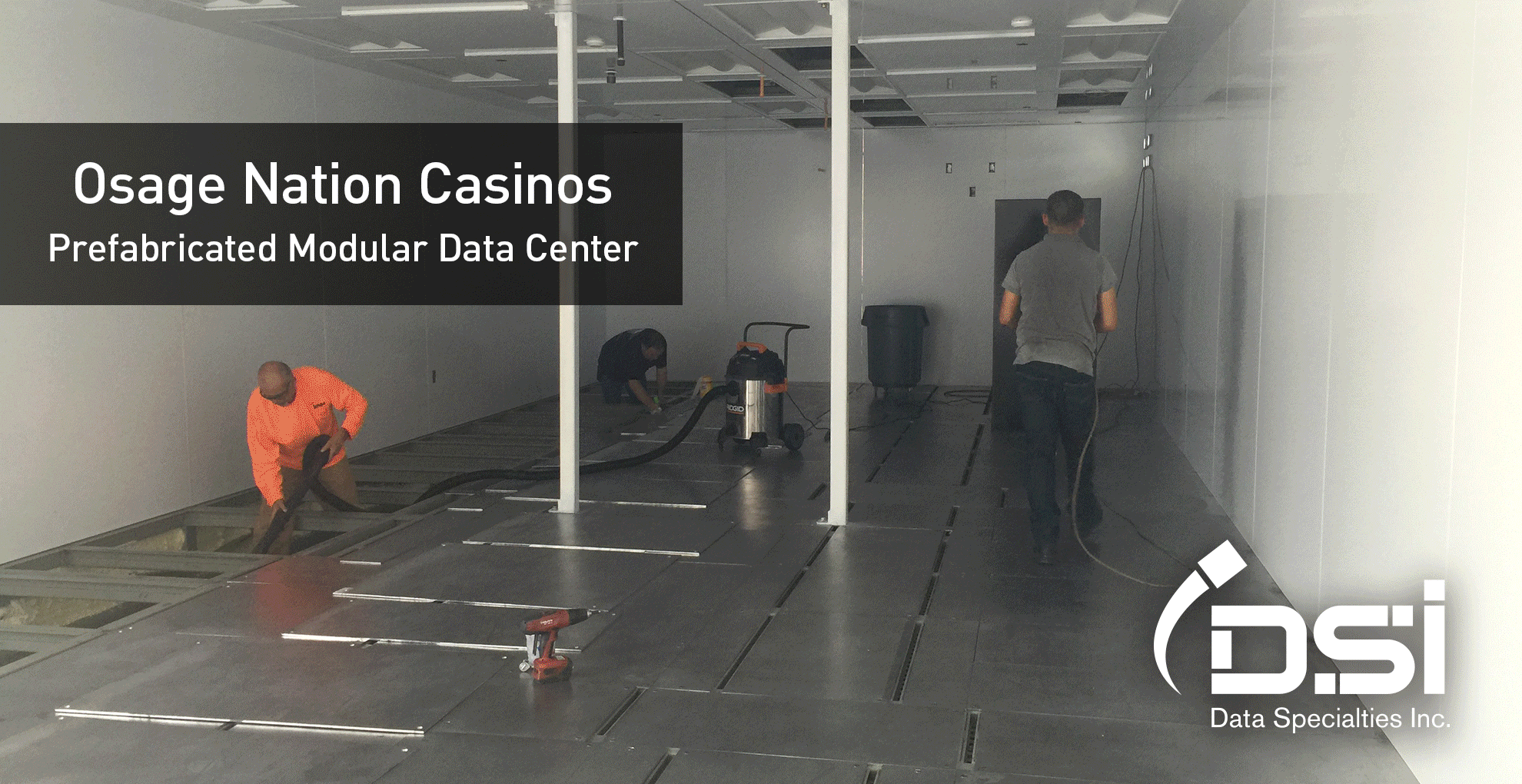Vertiv Webinar Covers the Data Center Sustainability Challenge: Reducing Carbon and Water without Compromising Availability
Last week we had the opportunity to attend an informative webinar with Vertiv and Mission Critical Magazine focusing on Data Center sustainability. The Data Center industry is at the center of two major forces: ever-growing demand for data and very real effects of climate change. We are responsible for conducting environmentally friendly and efficient services. Sustainability is defined as the ability to be maintained at a certain rate or level. Carbon-neutral refers to balancing out the total amount of carbon emissions. We can build in a sustainable way by using green materials like CO2 sequestering cement, high density/high strength wood, sustainable building insulation, carbon-free steel, carbon-free structural plastics. The first step toward achieving sustainability is measuring/reporting your carbon footprint and product carbon content.
It is important to move away from carbon-intensive practices. We can do this by such things as lowering energy cost and reducing energy peak demand (cost).
The webinar also identified thermal sustainability trends for the future. These alternatives seek to achieve zero losses, waste, carbon and water. It comes down to thermal system efficiency, control and peak power. Moreover, thermal solutions for sustainable Data Centers include air cooling and liquid cooling. Air cooling includes chilled water, air economization, and pumped refrigerant. Liquid cooling includes direct to chip & immersion.
Benefits of using water for cooling Data Centers include better efficiency, increasing evaporation improves efficiency (closer contact with heat load) and the reduction of peak power requirements. Sustainability initiatives should encompass water as well as energy. Water-free systems provide excellent efficiency while driving water usage to zero. It is a simpler design and has a lower initial cost. It is also taking less complexity to operate and lower maintenance costs.
There is also sustainability in high density with liquid cooling. Benefits include facility footprint reduction, improved efficiency of IT equipment, and higher available temperatures to improve Energy Reuse (ERE). Intelligent thermal control protects critical systems and optimizes system operation. It also increases visibility and system integration.
Ultimately, sustainable thermal solutions provide many benefits. Water-free solutions to meet sustainability goals, liquid cooling to enhance sustainability as IT technologies evolve, and intelligent control & integration are keys to optimization and sustainable operation.
Register to watch the webinar for free: The Data Center Sustainability Challenge



